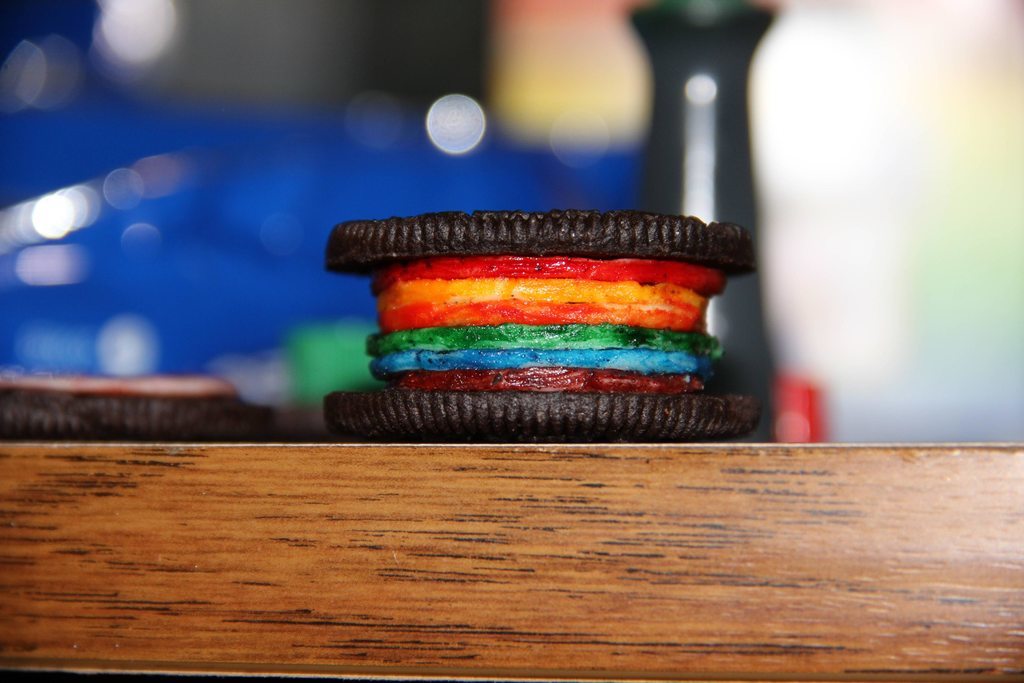[quote]LIFTICVSMAXIMVS wrote:
Weight loss still happened.[/quote]
Gee, well that’s good to know.
Post a link to the study or upload it to sendspace (takes literally 30 seconds) so I can see for myself. Otherwise, it has no business being presented in this discussion.
No offense, but I am very doubtful that you’ve read it.
[quote]LIFTICVSMAXIMVS wrote:
You are entirely missing the point. For some reason when carbohydrates are restricted patients do not feel the need to consume excessive calories - i.e., calorie restriction becomes self regulated.[/quote]
“For some reason” protein in particular is highly satiating. Many people who try to go “low carb” actually wind up going “high protein”.
It isn’t news that people who eat more protein tend to see a spontaneous reduction in calories. Some even find the effect more pronounced when combined with fat.
I am not “missing the point” because MY “point” was an extremely specific one.
But, I like how whatever point you are trying to make shifts about. Is there a metabolic advantage? Is it that low insulin isn’t trapping fat inside cells? Or is the “point” the spontaneous caloric reduction?
That last one isn’t so magical.
[quote]LIFTICVSMAXIMVS wrote:
Second point is that a person eating mostly fat as part of the diet requires less calories because fat calories are more efficient in that they do not starve the body of energy to be stored.[/quote]
Gee, if they DO require LESS calories then dontcha think at least ONE of those studies I posted would have reflected this?
Newsflash: if a high fat diet causes one to “require” less calories, that person needs to CONSUME EVEN LESS CALORIES in order to achieve weight loss. What you are telling me here is that high fat diets SLOW THE METABOLISM. This is the OPPOSITE of what the metabolic advantage implies.
If I require 2,000 calories a day and start eating 1500 calories from a carb-based diet, I am burning 500 calories per day of fat (2000 - 1500). If I switch to a high fat diet, you are telling me that my metabolism would shift to “requiring less calories” (say, 2000 - 200 = 1800). Now, eating that same (1500) diet, I would only be in a 300 calorie deficit (1800 - 1500). I am burning 200 calories more per day on the higher carbohydrate diet. Clearly, I would need to reduce my intake FURTHER in order to lose weight at the same pace as I would on a higher carbohydrate diet.
Can you really not see how little sense you are making?

